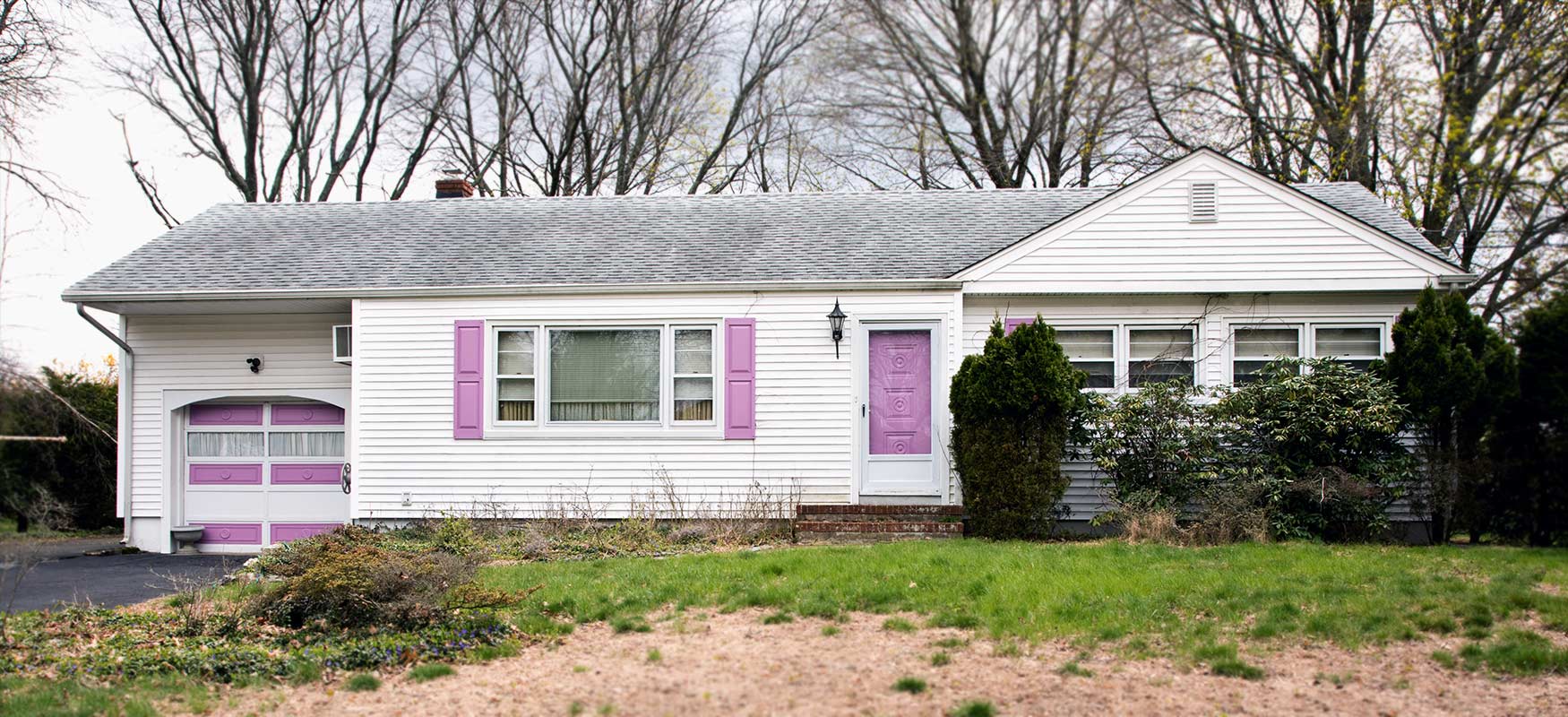Embarking on your first wholesale deal can be a daunting but rewarding experience. By educating yourself, building a strong network, and following a structured process, you can navigate the complexities of real estate wholesaling with confidence. Stay persistent, learn from each deal, and continually refine your strategies. With time and experience, you’ll become proficient at identifying opportunities and closing successful wholesale deals. Happy wholesaling!
Venturing into real estate wholesaling can be both exciting and overwhelming. As a new wholesaler, you’re stepping into a field that requires knowledge, strategy, and persistence. To help you get started on the right foot, here’s a comprehensive guide to navigating your first wholesale deal successfully.
1. Educate Yourself
Before diving into your first deal, invest time in educating yourself about real estate wholesaling. Understanding the fundamentals will give you the confidence to make informed decisions.
- Books and Courses: Read books and take courses on real estate investing and wholesaling. Titles like “The Book on Investing in Real Estate with No (and Low) Money Down” by Brandon Turner can be particularly useful.
- Online Resources: Websites like BiggerPockets and REI Club offer valuable forums, articles, and podcasts.
- Networking: Join local real estate investment groups and attend meetups to learn from experienced wholesalers.
2. Build Your Network
Your success in wholesaling heavily relies on having a robust network of professionals and potential buyers.
- Real Estate Agents: Develop relationships with agents who can help you find properties and understand market trends.
- Investors: Network with cash buyers and investors who are interested in purchasing properties you find.
- Contractors and Inspectors: Having reliable contractors and inspectors on your team can help you evaluate properties and estimate repair costs accurately.
3. Find a Mentor
Having a mentor who has experience in real estate wholesaling can provide invaluable guidance and support.
- Seek Local Experts: Look for successful wholesalers in your area and approach them for mentorship.
- Offer Value: Be prepared to offer value in return, whether it’s helping with their deals or offering your time and skills.
4. Understand Your Market
Knowing your local real estate market is crucial for identifying good deals and understanding what buyers are looking for.
- Market Research: Study recent sales, property values, and neighborhood trends.
- Identify Hot Areas: Focus on neighborhoods with high demand and growth potential.
- Stay Updated: Keep an eye on market changes and adjust your strategies accordingly.
5. Find Properties
Finding potential properties to wholesale is one of the most critical steps in the process.
- Direct Mail Campaigns: Send letters or postcards to homeowners who may be interested in selling.
- Driving for Dollars: Drive around neighborhoods looking for distressed properties or homes with “For Sale by Owner” signs.
- Online Listings: Use websites like Craigslist, Zillow, and local real estate sites to find properties for sale.
6. Analyze the Deal
Once you find a potential property, conduct a thorough analysis to determine if it’s a viable wholesale deal.
- Comparable Sales (Comps): Compare the property to similar homes that have recently sold in the area to determine its market value.
- Repair Estimates: Estimate the cost of necessary repairs and renovations.
- Maximum Allowable Offer (MAO): Calculate your MAO, which is the highest price you can offer and still make a profit. This is typically determined using the formula: MAO = (ARV x 0.70) – Repair Costs.
7. Get the Property Under Contract
If the property analysis looks good, the next step is to get it under contract.
- Purchase Agreement: Use a standard purchase agreement with an assignment clause that allows you to assign the contract to another buyer.
- Earnest Money Deposit: Be prepared to provide an earnest money deposit to show your commitment.
8. Market the Contract
Once you have the property under contract, start marketing it to your network of cash buyers and investors.
- Property Flyers: Create detailed property flyers with photos, property details, and your contact information.
- Email Blasts: Send out emails to your list of potential buyers with all the relevant property information.
- Real Estate Forums: Post about the property on real estate investment forums and social media groups.
9. Assign the Contract
When you find an interested buyer, you’ll need to assign the contract to them.
- Assignment Agreement: Use an assignment agreement to officially transfer your rights to the property contract to the buyer.
- Assignment Fee: Ensure the assignment fee is clearly outlined in the agreement. This is the difference between the price you have under contract and the price your buyer is willing to pay.
10. Close the Deal
The final step is to close the deal and collect your assignment fee.
- Coordinate with the Title Company: Work with a title company or closing attorney to ensure all paperwork is in order and the transaction proceeds smoothly.
- Attend the Closing: If possible, attend the closing to address any last-minute issues and ensure you receive your fee.
